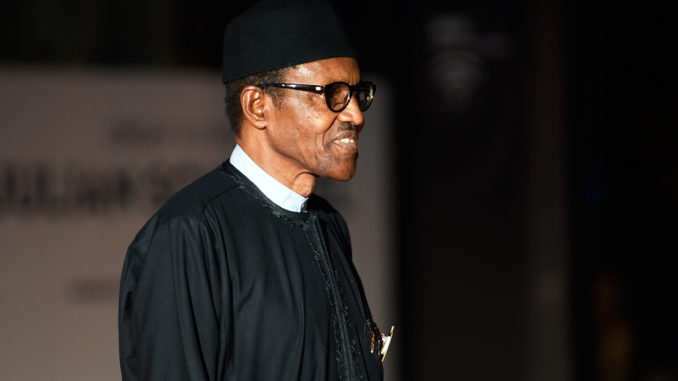
For the fourth time, President Muhammadu Buhari has refused to assent the 2018 Electoral Amendment bill passed by the National Assembly.
Sources at the National Assembly confirmed that the president refused to assent the bill and had transmitted it back to the lawmakers.
Buhari, it was learnt, cited the closeness of the 2019 general elections and the need not to cause confusion as regards the provisions of the law concerning holding elections.
But the Senior Special Assistant to the President on National Assembly Matters, Sen. Ita Enang, said the President has communicated his decision on the Electoral (Amendment) Bill, 2018 to the National Assembly.
Enang, who briefed State House correspondents in Abuja on Friday, said President Buhari’s decision to the Senate and House of Representatives, was in accordance with the powers vested in him by the 1999 Constitution.
“The president has taken a decision in accordance with the powers vested in him according to the constitution.
“And, by convention that decision contained in the communication can only be revealed by the person to whom that decision is addressed.
“But the electoral bill has left Mr President’s office because he has taken a decision and has remitted it.”
Enang, who did not disclose the content of the president’s communication to the National Assembly, neither confirmed assent nor rejection of the bill by the president.
When asked why the president returned the bill to NASS, the presidential aide said: “The president has communicated his decision to the National Assembly.’’
According to him, only the National Assembly can reveal the content of the communication.
Enang however, confirmed that the president had assented to the National Open University (Amendment) Act, 2018.
He said: “Again, President Buhari has also assented to the National Open University Amendment Act.
“It allows the National Open University to operate as all other universities, having the same power, functions and administrative structures, eliminating possible discrimination as some use to have on their products and programmes.
“It also allows the establishment of some centres to be called study centres and given conditions for the establishment of such centres.’’
This would be the fourth time the electoral bill would be returned to the National Assembly by the President.
END

Be the first to comment